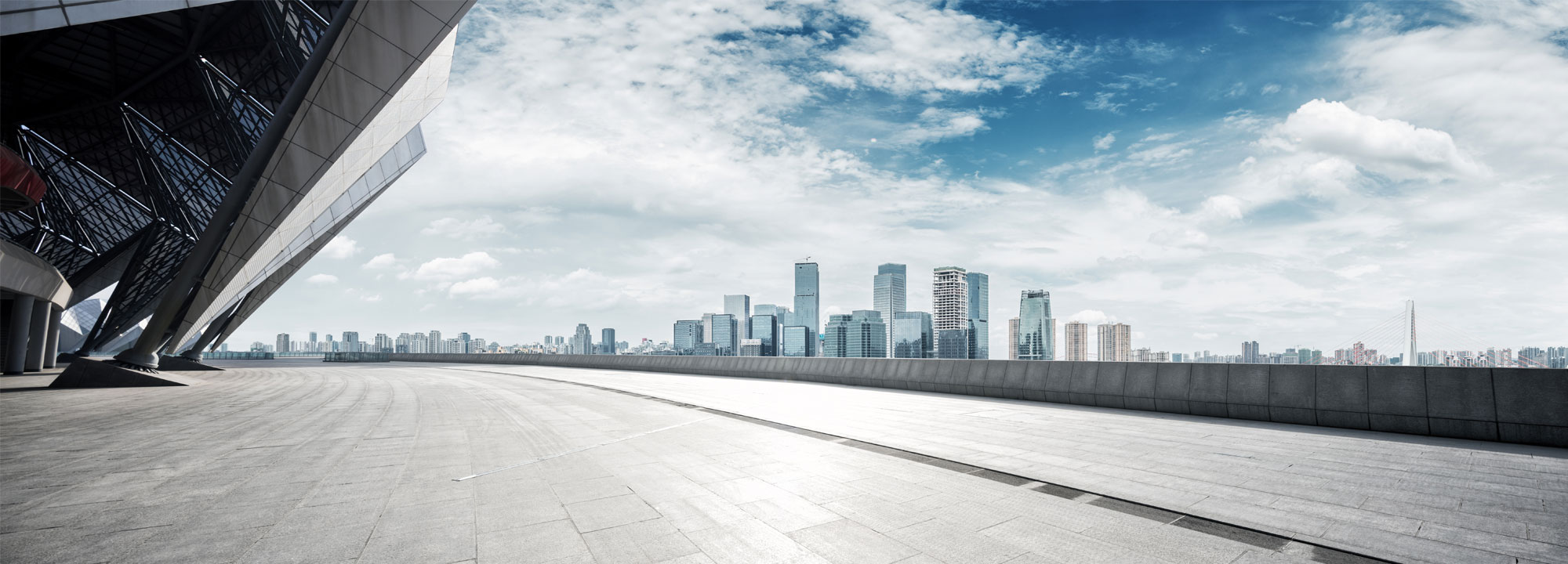Background Information and preparation
Why are interviews important? Interviews give the employer and candidate the opportunity to get to know each other.
- First impressions are extremely important, and they really count, so it’s essential for candidates to demonstrate a positive image from the start.
- Take pride in your appearance – make sure you attend an interview dressed smartly. Swap jeans for trousers or a skirt, opt for a white shirt or blouse and leave the trainers at home. Arriving to an interview looking smart sets you off on the right foot and lets recruiters know that you’re serious about the role.
- Do your research! It’s useful for you as a candidate to research the company who will be interviewing you, and it demonstrates that you’re willing to learn and are interested in the company.
- Remember the interviewer isn’t there to confuse you with trick questions – they are genuinely interested in you and what you can offer to their company. Be confident, all while elaborating on how you can benefit their company and why they should consider you for the role.
What questions to expect
- ‘Can you tell me a bit about yourself?’ – this question can seem a little daunting, but it’s important to spend about two to three minutes answering this question.
- ‘What experience do you have?’ – experience is key. Let this be an opportunity for you to show that you have the relevant skills and knowledge needed for working in the industry.
- ‘What do you know about the company?’ – researching the company prior to your interview is a must. It’s important to show that you’re proactive and are interested in the company you’ve applied to work for.
- ‘Why do you think you be suitable for this role?’ – this is a chance for you to really sell yourself. Mention the skills you’ve acquired from previous jobs, how you can apply them to the role you’re being interviewed for and what you can bring to the company.
- ‘Why this role?’ – whether this is a major career change, or a stepping-stone onto something bigger, it’s important for you to know why you have applied in the first place and you must be able to explain this to the interviewer.
- ‘How would your colleagues/boss describe you?’ – be honest! It’s important for interviewers to know who they’re dealing with, and the type of employee you are. They can also contact your current/previous boss if you have noted them as a reference on your CV.
- ‘Where do you see yourself in five years?’ – this is a good opportunity for you to tell your interviewer what your plans are for the future. It shows how ambitious you are, which is always a positive in an interview.
- ‘Do you have any questions about the company or the role?’ – make sure you attend your interview with a list of questions that you would like answered. It shows that you are inquisitive and are interested in learning more about the company.
What questions to ask
- Question 1: ‘Why is this position open?’
- Question 2: ‘Is there anything you’d like the successful candidate to do differently?’
- Question 3: ‘Where do you see this company in the next few years and how would you like the company to progress?
- Question 4: ‘Is this a role where I’d work with other people or on my own?’
- Question 5: ‘Is there an opportunity to progress in this company?’
Some interview dos and don’ts:
- Research: It’s crucial to research the company before attending an interview to show the interviewer that you know what you’re talking about. This could involve the company in general, any projects they’ve been involved in, etc.
- Phrases: Avoid using the phrases ‘I don’t know’ or ‘I’m not sure’ when answering interview questions – it can be difficult to answer questions under pressure but try to answer to the best of your ability.
- Time: Give yourself plenty of time to get to your interview - if you’re relying on public transport, be sure to check before you travel in case of any delays you have to cater for. It’s better to arrive early to an interview than to turn up late.
- Contact: If you are unable to attend an interview due to whatever reason, don’t leave it until the last minute to contact the relevant people - it can damage your reputation before you’ve even met your interviewer. Make sure you ask if it’s possible to arrange another interview at a later date.
- Preparation: Ensure you know the name of your interviewer prior to meeting them – when they’ve contacted you via email, they would have signed off with their name so be sure to remember it when you arrive.
- Positivity: Don’t mention anything too negative - it’s possible that interviewers may ask you to highlight any weaknesses but rather than dwelling on them, try to turn them into positives and how you can overcome them.
- Eye Contact: Maintain eye contact while speaking to the interviewer – this shows that you are confident and interested in what the interviewer has to say.
- CV: Don’t forget to take a copy of your CV along with you to your interview – this is for your own benefit. Your interviewer will already have their own copy but it’s a great idea to take your own so that you can refer back to it if you’re unsure how to answer a question.
- Manners: End the interview on a positive note – always be polite and well-mannered and thank the interviewer for their time.
